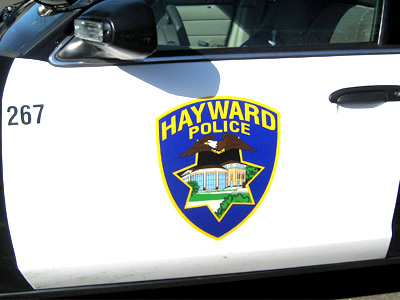
To assist the City of Hayward during the recession, employee unions have agreed to salary and other concessions. Unions representing all City employees, which include IAFF Local 1909, the Fire Chief’s Association, the Police Officers’ Association, Police Managers, Hayward Association of
Management Employees, are working on a package of contract concessions to meet the City Manager’s goal of savings of $5 million next fiscal year, which begins July 1, 2009. Most groups have already approved reductions in salary and/or other pay that began April 1. The latest round of concessions was requested by City Manager Greg Jones as part of a package of savings and cuts to balance projected deficits in next year’s budget.“We are projecting continued severe declines in revenue next year in both sales taxes and property taxes. The bottom is dropping out from under what historically have been stable revenue streams to maintain City services. This year, we cut almost $10 million from our General Fund budget, about 10% overall. Our employees are stepping up in a big way, but additional cuts are unavoidable without additional revenues.” In addition to salary concessions last year, the City cut 50 non-sworn positions to balance the current year budget. “Our lack of internal investment is already showing and impacting our frontline department’s ability to deliver services” Jones said.
Last year, members of IAFF Local 1909 and the POA agreed to contract concessions that are projected to save the City over $5 million during the current two year budget. In addition, other employee groups agreed in December to a two week unpaid furlough over the holidays, saving the City nearly $1 million in the current budget year. In total, the salary adjustments agreed to last year are expected to save the City almost $14 million over four years.
At their meeting of March 3, 2009, the City Council took action that declared a local fiscal emergency and placed a measure on the May 19, 2009 ballot for voters to consider a Utility Users Tax (UUT) to help address continuing budget deficits. If approved by a majority of voters, Measure A is expected to generate approximately $13 million per year to maintain services to the community.

